Post
A catch
Save a catch to start your fishing logbook. You will be able to to share it with the community if yo want!
A fishing trip
Post an ad to go fishing with other fishermen
Save a catch to start your fishing logbook. You will be able to to share it with the community if yo want!
Post an ad to go fishing with other fishermen
Share a thought, a question with the community
My favorite cities
×Join our 640 fishermen and our 2 cofishermen in Washington in Tyne and Wear. The fishing forecast is currently 3.9. The most caught fishes here are the garfish, the thornback ray, the weever fish and the brill fish. Come try the most famous fishing techniques like the surfcasting fishing for sea bream, eel fishing in freshwater, fishing for pike with soft lure or fishing with method feeder and pellet feeder.
Our fishing forecast of Washington indicates the best time to go fishing in this city.
The Garfish
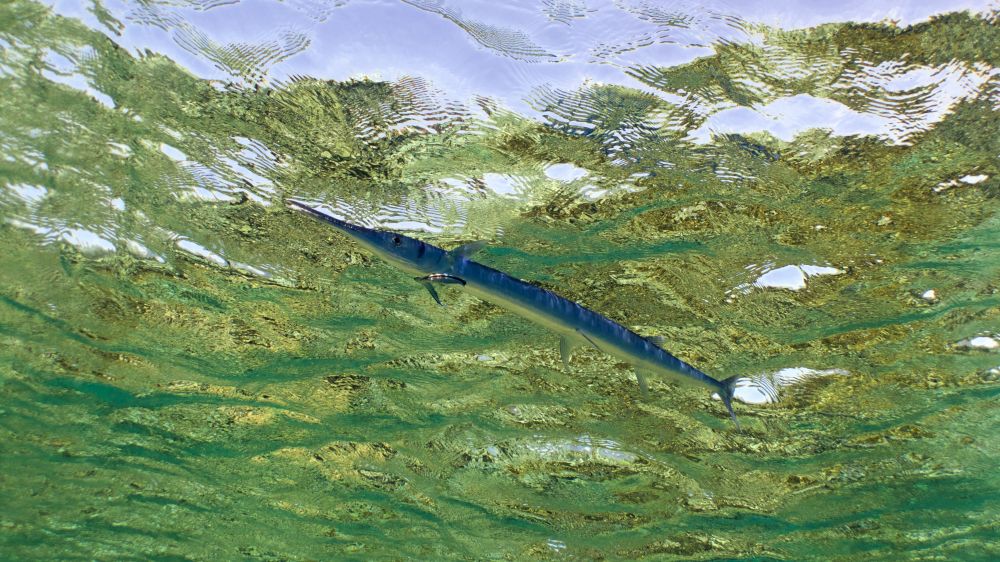
The Garfish belongs the Belonidae family. It measures from 30 cm to more than one meter and can weigh up to 5 kg, the average weight being around 400 g. It has a lifespan of about 10 years. It breeds from Mai to June. The female lays thousands of eggs. The Garfish is a fish with a very tapered body of oval cross-section. The head extends into a long beak formed by two thin jaws armed with sharp teeth. The lower jaw is slightly longer than the upper jaw. The nostrils are located in a depression in front of the eyes. The ventral fins are located approximately in the middle of the body, the caudal fin is very indented, the dorsal and anal fins are very far back, at the same level. The back of the dorsal fin is the same height as the back of the anal fin. The caudal peduncle has a strong hull. The very low lateral line is on the belly and not on the sides like other fish. The back is a dark blue-green, the sides are silvery, the belly white, the edges green.
The Garfish is a famous fish you can catch in Washington.The Thornback Ray
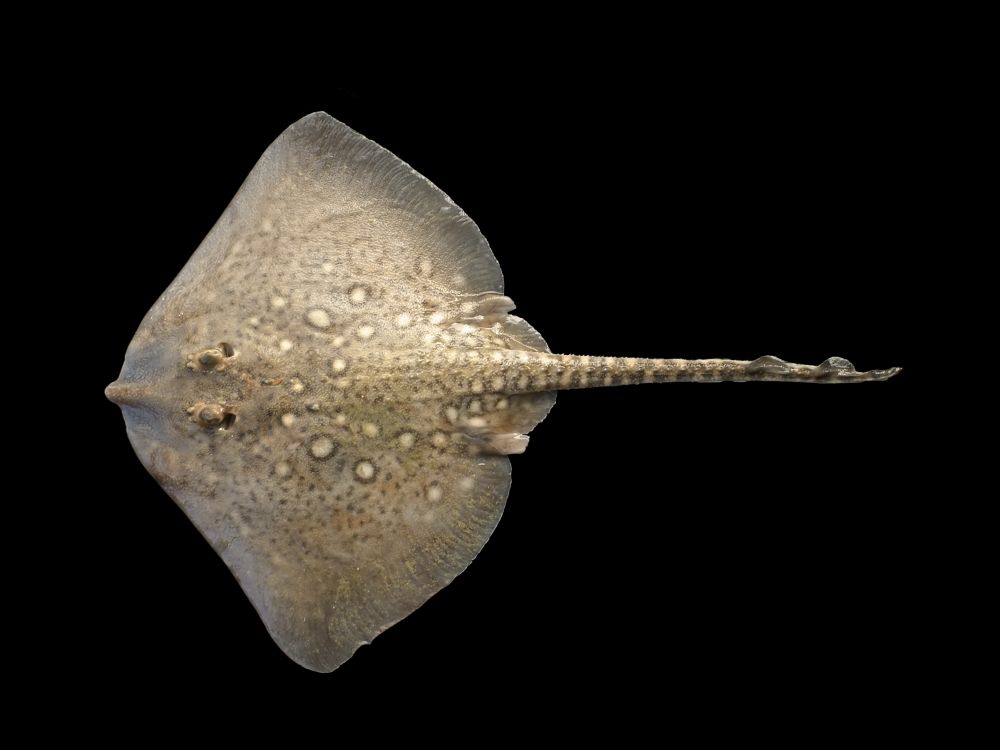
The Thornback Ray belongs to the Rajidae family. The size of this line can reach 1.20 m long for females, 70 cm for males, and 60 cm wide. Its lifespan is estimated at about fifteen years. It reproduces in the spring. The female lays between 70 and 140 young each year. It can be fished all year round. The looped line has the flattened shape of a narrow, diamond-shaped disc, sometimes wavy at the back. The pectoral fins are large, triangular in shape. They are welded to the head and to the whole body. The tail is long and thin, with a triangular pelvic fin on either side. The snout and rostrum are short and pointed. The eyes are close together, in front of the spiracles. The color of its back is greyish or light brown, sometimes solid, but usually marked by dark spots assembled or in sinuous lines. This drawing is completed with large yellowish, irregular spots. These are then surrounded by black in young people. An adult individual may also be adorned with grey-bordered eye-spots. The belly is whitish, underlined with grey on the periphery. The mouth and 2 series of 5 gill slits are located on the ventral side. The upper jaw is armed with powerful teeth, pointed in males and flattened in females. Finally, the tail is adorned with a series of dark or light, uneven rings. The skin is rough. In adults, the dorsal surface of the disc includes a few large curls (curved horny spines with an oval base) arranged irregularly. The young have a very pronounced median line, up to the t
The Thornback Ray is a famous fish you can catch in Washington.The Weever fish
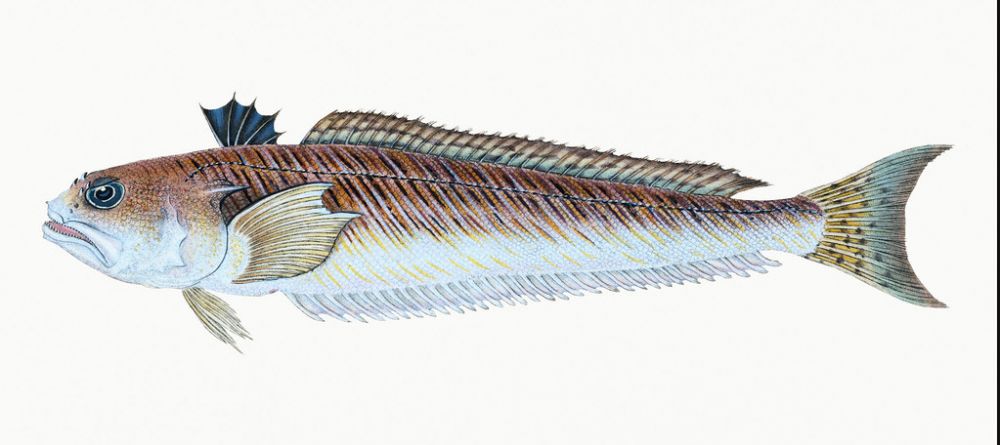
The Weever fish belongs to the Trachinidae family. The Weever fish form a family of perciform marine fish, the Trachinidae, which includes nine species. Their sizes vary from 15 cm to more than 50 cm depending on the species. The Nine species are: The Lesser weever, the Spotted weever, the Guinean weever, the Sailfin weever, the Trachinus cornutus, the Greater weever, the Striped weever, the Cape Verde weever and the Starry weever. It can be fished during the hot seasons. The Weever fish can be classified into two categories, on the one hand the small Vive which measures less than 15 cm, and the large Vive, measuring on average 2 to 30 cm and can reach 50 cm in length. The large weever differs from the small one in that it has four thorns in its orbits. The weever is always dangerous, in that it is endowed with erectile spines are the bite is very toxic, which can have long-term consequences in humans. The weever is yellow on the back, with a whitish belly and yellow or brown streaks. Accidents are much more frequent since the weever is often buried in the sand, so the risk is greater, as you may step on it and get stung.
The Weever fish is a famous fish you can catch in Washington.The Brill fish
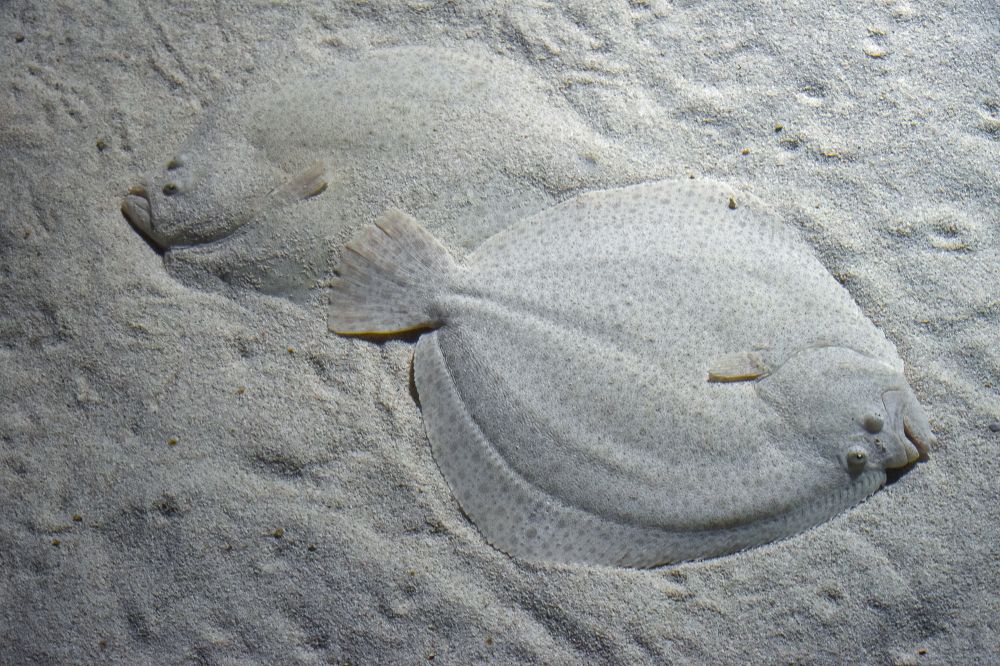
The brill fish belongs to the Scophthalmidae family. The minimum size of capture is 30 cm but can reach 75 cm for 6 kg. He can live up to 3 years. It breeds from late spring to early summer. The female can lay up to 15 million eggs. It can be fished all year. The brill has an oval body. It rests on its right side and has its left side. Thus, when placed with the head facing left, both eyes are located above the mouth. Its common name of brill comes from a particularity of its dorsal fin, whose origin is far in front of the eye and whose first rays are free and branched. The distance between the two eyes is greater than the diameter of one eye. The lateral line is very curved at the pectoral fin. As with many flatfish, the coloring is variable and depends on the biotope. The brill is indeed capable of homochromia, i.e. to match the color of the background. The coloring is rather brown, more or less speckled, and also varies according to the environment on a live fish. It has many round spots whose edges are incomplete rings of darker colors. The blind side is whitish.
The Brill fish is a famous fish you can catch in Washington.The Mullet fish
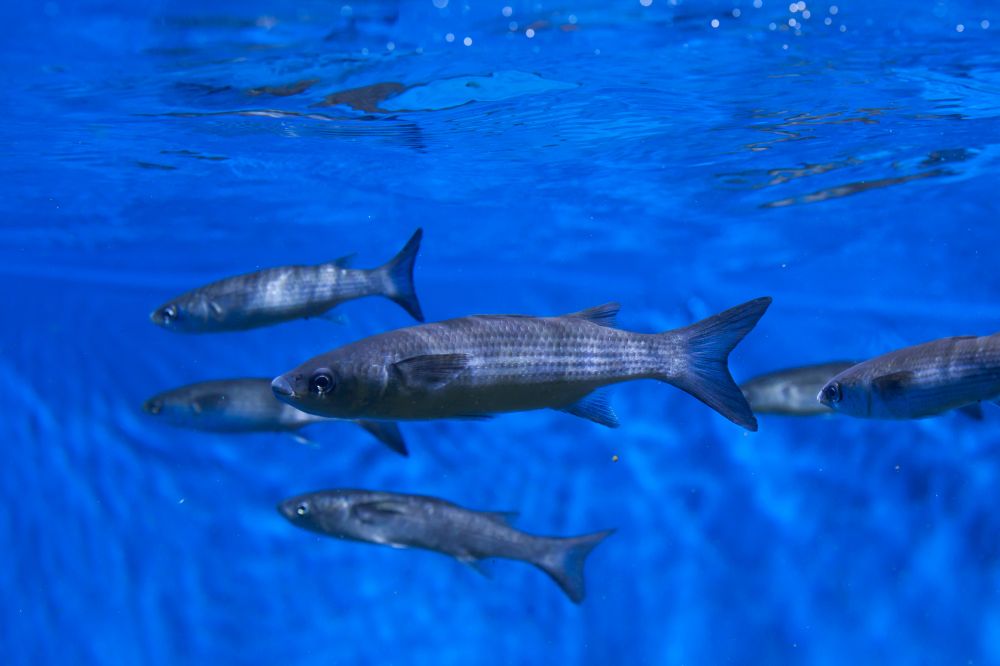
The Mullet fish belongs to the Mugilidae family. It can measure up to 75 cm and weigh 2.5 kg. A 16-year-old individual holds the observed longevity record. Breeding generally takes place from July to October. The female can lay up to 2.6 million eggs. It is fished from April to August. The mullet has an elongated body of about 35-50 cm or even 70 cm, with an oval cross-section and a robust appearance. Its color is generally silvery grey, bluish (sometimes more or less white, olive or brown), lightening on the sides and light belly. Sometimes grey longitudinal lines and golden reflections are present on the dorsal part. The lateral line is rarely visible. A small black spot is often present in the armpits of the pectoral muscles. The flattened head is wide, fat eyelids are well developed (but not always visible underwater because of their transparency) and protect the eyes near the snout. Its mouth has straight, dense and thin teeth, usually in several rows. The commissure ends below the posterior level of the nostril. Its upper lip is thin and smooth. It has two dorsal fins: the first with four spines and the second with 8-9 soft rays. The yellowish anal fin has 8 soft rays and 3 spines; pectoral fins have 16-19 rays; the pectoral axillary scale is well developed and about one-third the length of the fin. The ventral, anal and lower lobe of the caudal fins are sometimes yellow (but not necessarily yellow). The scales, arranged in lateral series (36-45), are cycloid (smooth
The Mullet fish is a famous fish you can catch in Washington.Our fishing forecast of Washington indicates the best time to go fishing in this city.
Our fishing forecast of Washington indicates the best time to go fishing in this city.
Our fishing forecast of Washington indicates the best time to go fishing in this city.
